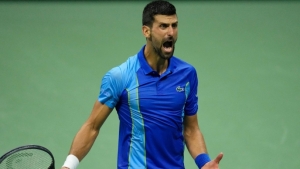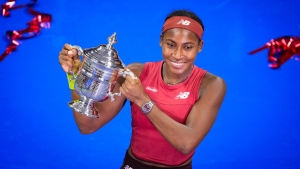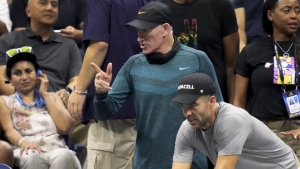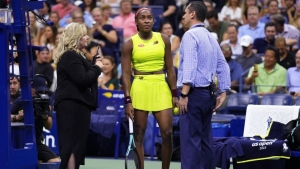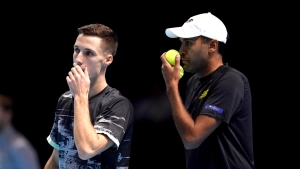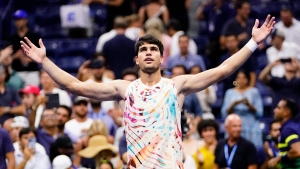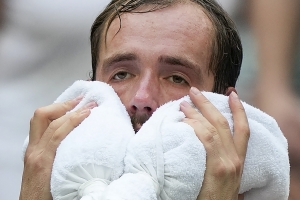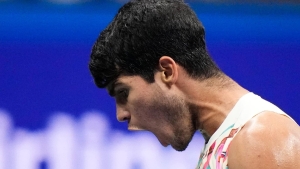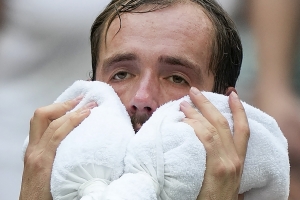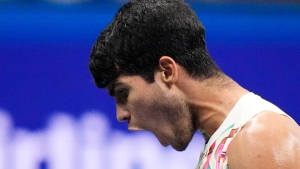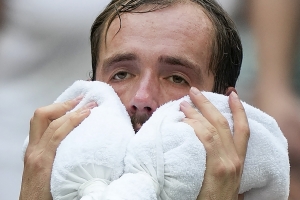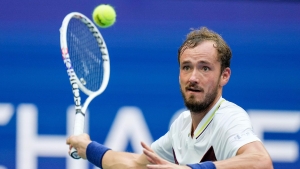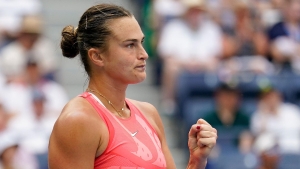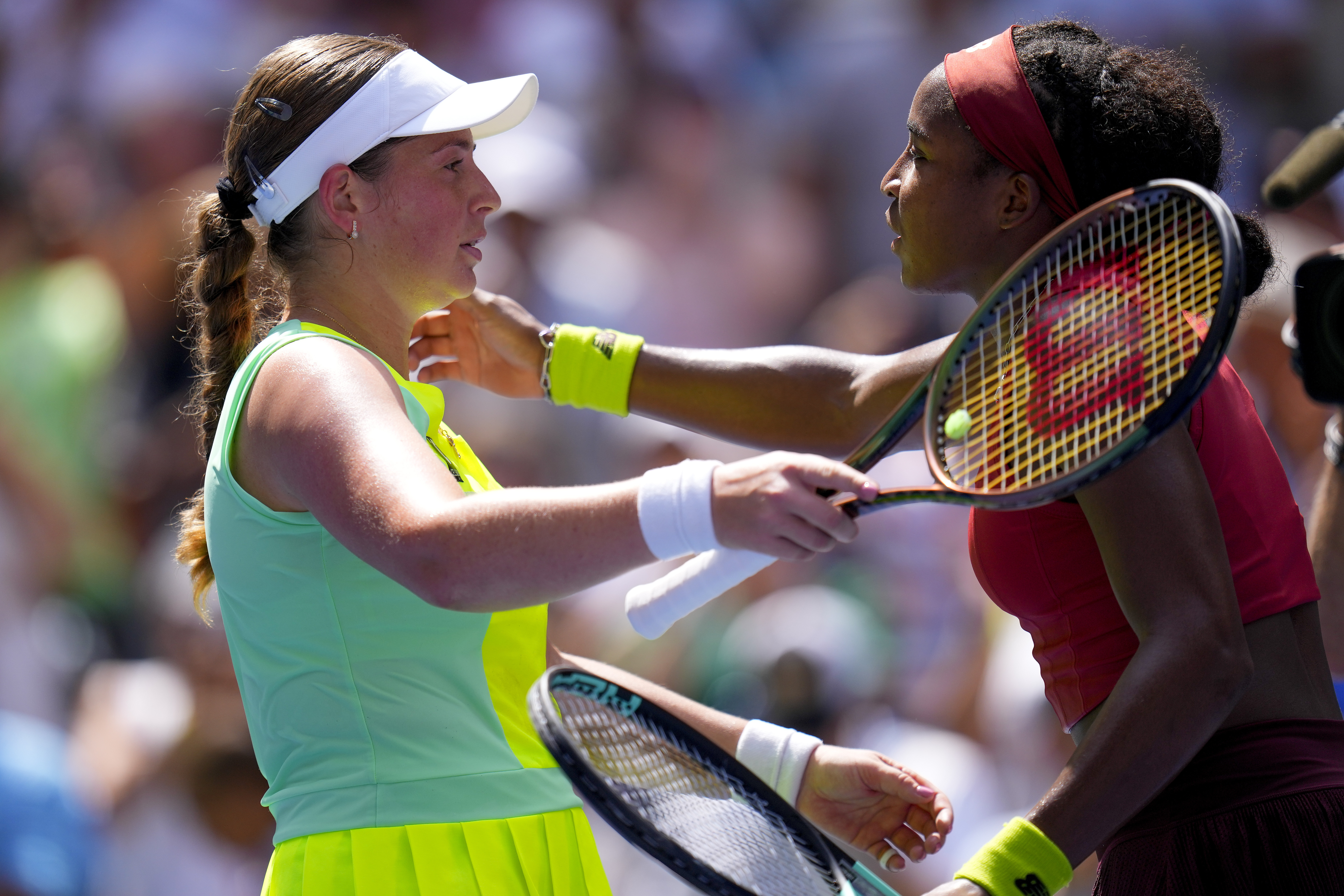Coco Gauff became the first American teenager since Serena Williams to reach a US Open final and the timing of her home breakthrough could not have been scripted better.
Williams’ diamond-encrusted and star-studded departure from tennis at Flushing Meadows last year showcased the impact she has had on the sport over 25 years.
But it also left a big hole, particular for tennis in the US, where a dearth of male success over the same period has seen its profile wane.
Now 12 months later, here is Gauff, taking over the baton in seamless fashion and poised to become one of the world’s biggest sporting stars.
The Williams family has played a huge role in the story of Gauff’s first 19 years. She grew up idolising the sisters, while her first pay check came from playing a young Serena in an advert.
Speaking about Serena’s influence on her in New York last year, Gauff said: “Growing up, I never thought that I was different because the number one player in the world was somebody who looked like me.
“I love that she always elevates herself. Sometimes being a woman, a black woman in the world, you kind of settle for less. I can’t remember a moment in her career or life that she settled for less.”
It was Venus rather than Serena, though, who was central to Gauff bursting through on the global stage, aged only 15.
A childhood prodigy who won the US national under-12 title aged 10 and a grand slam junior crown at only 14, she qualified for the women’s singles at Wimbledon in 2019 and defeated Venus in the first round.
Wowing with her serve, backhand, athleticism and a maturity way beyond her years, Gauff rode a wave of support through to the fourth round.
The talk was already of when the teenager would win a grand slam and she has had to handle huge expectations from that moment on, but – while she will not turn 20 until next March – the last four years have seen her gain an excellent grounding in the game.
Gauff has overcome moments of doubt, including a first-round loss at Wimbledon this summer, to maintain a steadily-upward trajectory, reaching her first senior grand slam final at the French Open last summer.
View this post on Instagram
A post shared by Coco Gauff (@cocogauff)
What makes Gauff, who has already been ranked world number one in doubles, such a huge asset for tennis is not just her performances and potential on court but the person she is away from it.
A big fan of TikTok and superheroes, Gauff is very much a 21st century American teenager, yet she also uses her platform to advocate for causes she believes in, speaking at a Black Lives Matter rally in her home town of Delray Beach when she was only 16.
She is a superb talker on a range of subjects, saying earlier this week about handling the spotlight: “At first I used to think negative things, like, ‘Why is there so much pressure, why is this so hard’?
“I realise in a way it’s pressure but it’s not. There are people struggling to feed their families, people who don’t know where their next meal is going to come from, people who have to pay their bills.
“That’s real pressure, that’s real hardship, that’s real life. I’m getting paid to do what I love and getting support to do what I love. That’s something that I don’t take for granted.”
Born in Atlanta to parents Candi and Corey – Gauff’s given name is Cori but she is universally known as Coco – who were talented in athletics and basketball, respectively, the family moved to back to Candi and Corey’s home town of Delray Beach in Florida when their daughter was seven to enhance her training opportunities.
Gauff’s parents subsequently gave up their careers to coach her, although they have been happy to bring in outside help, with Gauff attending the academy of Serena Williams’ former coach Patrick Mouratoglou and currently working with the hugely-experienced Brad Gilbert.
There are areas of her game that Gauff can improve, notably a forehand that opponents now routinely target, but there have been no real mis-steps so far on the road to superstardom.























